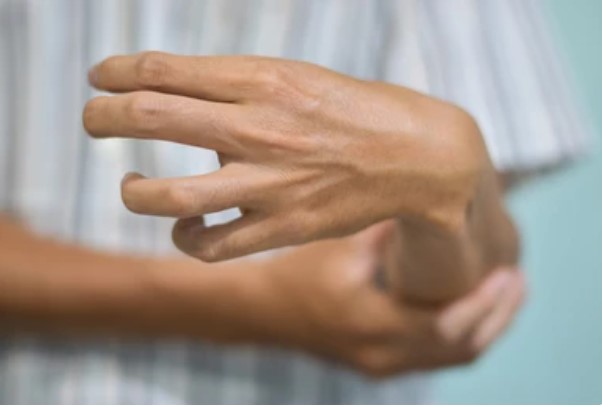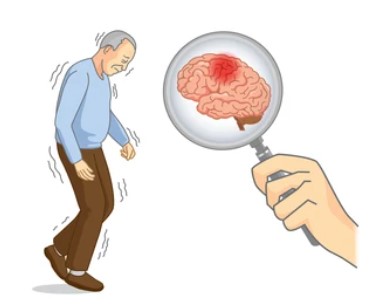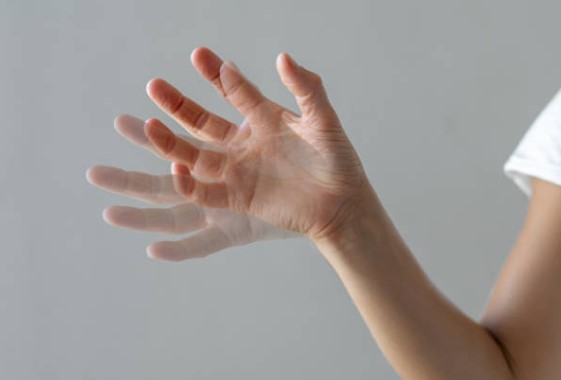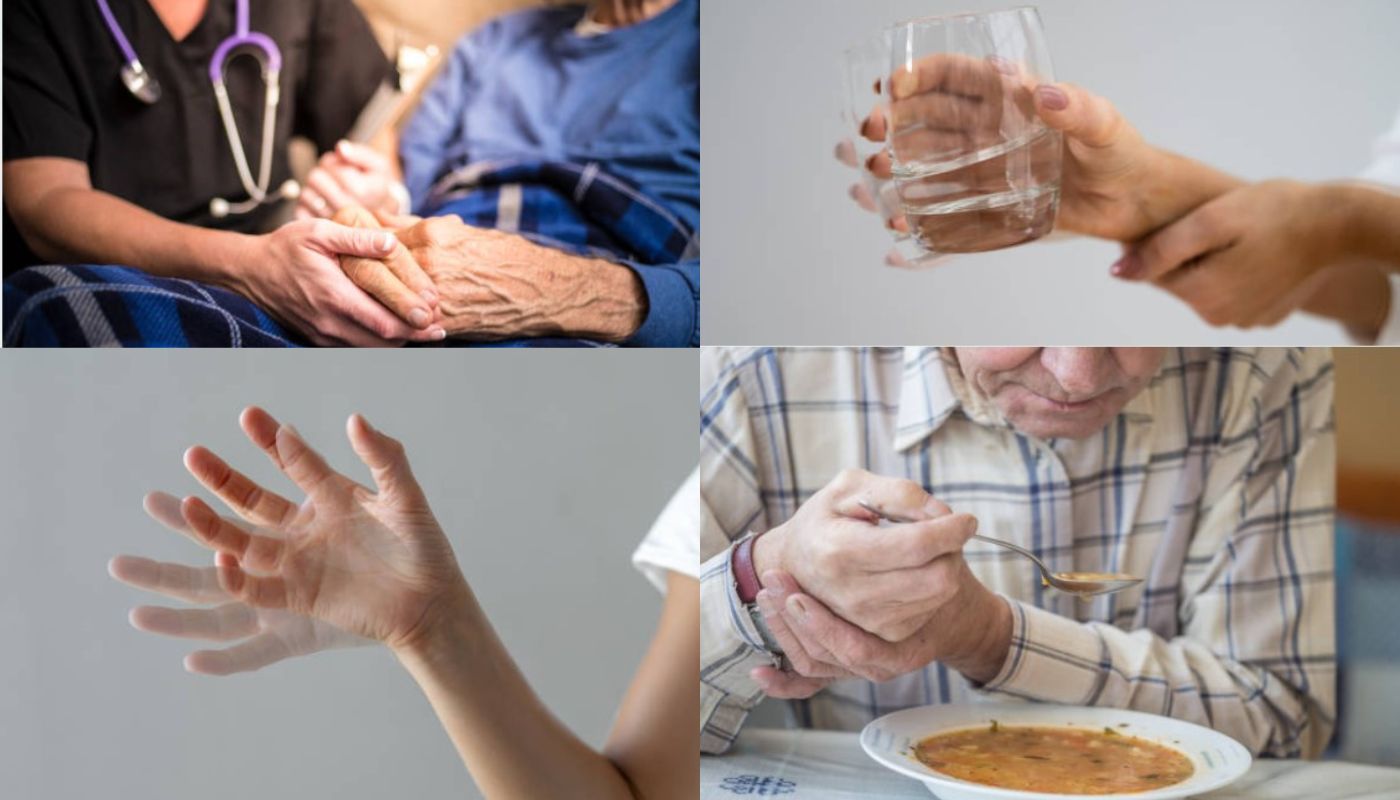Understanding Tremors




What Are Tremors?
Tremors are involuntary, rhythmic muscle movements that cause shaking in one or more parts of the body. They can affect the hands, arms, legs, head, voice, or torso and may occur during rest or specific actions. Tremors are often associated with neurological conditions but can also result from stress, fatigue, or medication side effects.
Common Types of Tremors
Essential Tremor: The most common type, often affecting the hands during tasks like writing or eating. It may worsen with stress or caffeine and can have a genetic component.
Parkinsonian Tremor: Typically occurs at rest and is linked to Parkinson’s disease. It often starts in one hand and may spread to other limbs.
Dystonic Tremor: Associated with dystonia, causing tremors in specific muscle groups during certain postures or movements.
Physiologic Tremor: A mild tremor present in healthy individuals, often unnoticeable unless triggered by stress, fatigue, or stimulants.
Symptoms of Tremors
Rhythmic shaking in hands, arms, or other body parts
Difficulty with fine motor tasks like writing or buttoning clothes
Shaky voice or head movements
Worsening of symptoms with stress, caffeine, or fatigue
Tremors that may improve with rest or alcohol (in some cases)
Causes of Tremors
Tremors can stem from various factors, including:
Neurological disorders (e.g., Parkinson’s disease, multiple sclerosis)
Genetic predisposition (e.g., essential tremor)
Medications or substance withdrawal
Thyroid disorders or metabolic imbalances
Stress, anxiety, or fatigue
Diagnosis and Treatment at Lifelong Neurocare
At Lifelong Neurocare, Dr. Neha Rai provide comprehensive evaluations to determine the cause of your tremors. Our diagnostic process includes:
Detailed medical history and physical examination
Neurological assessments to evaluate tremor characteristics
Imaging tests (e.g., MRI or CT scans) or blood tests, if needed
Specialized tests to rule out underlying conditions
Treatment Options
We tailor treatment plans to each patient’s needs, which may include:
Medications: Beta-blockers, anticonvulsants, or Parkinson’s-specific drugs to manage symptoms.
Lifestyle Modifications: Stress management, reducing caffeine, and physical therapy to improve coordination.
Advanced Therapies: Botox injections for dystonic tremors or deep brain stimulation (DBS) for severe cases.
Supportive Care: Occupational therapy and counseling to enhance quality of life.
Why Choose Lifelong Neurocare?
Expert Team: Our board-certified neurologists specialize in movement disorders and tremor management.
Personalized Care: We create individualized treatment plans to address your unique symptoms and goals.
Cutting-Edge Treatments: Access to the latest therapies and clinical trials for tremor management.
Compassionate Support: We prioritize your comfort and well-being, offering guidance every step of the way.
Take the First Step
If you or a loved one is experiencing tremors, don’t wait to seek help. Contact Lifelong Neurocare today to schedule a consultation with DrNeha Rai. Let us help you regain control and improve your quality of life.
Call us at +91 76966-75086 or visit drneharai.com to book an appointment.